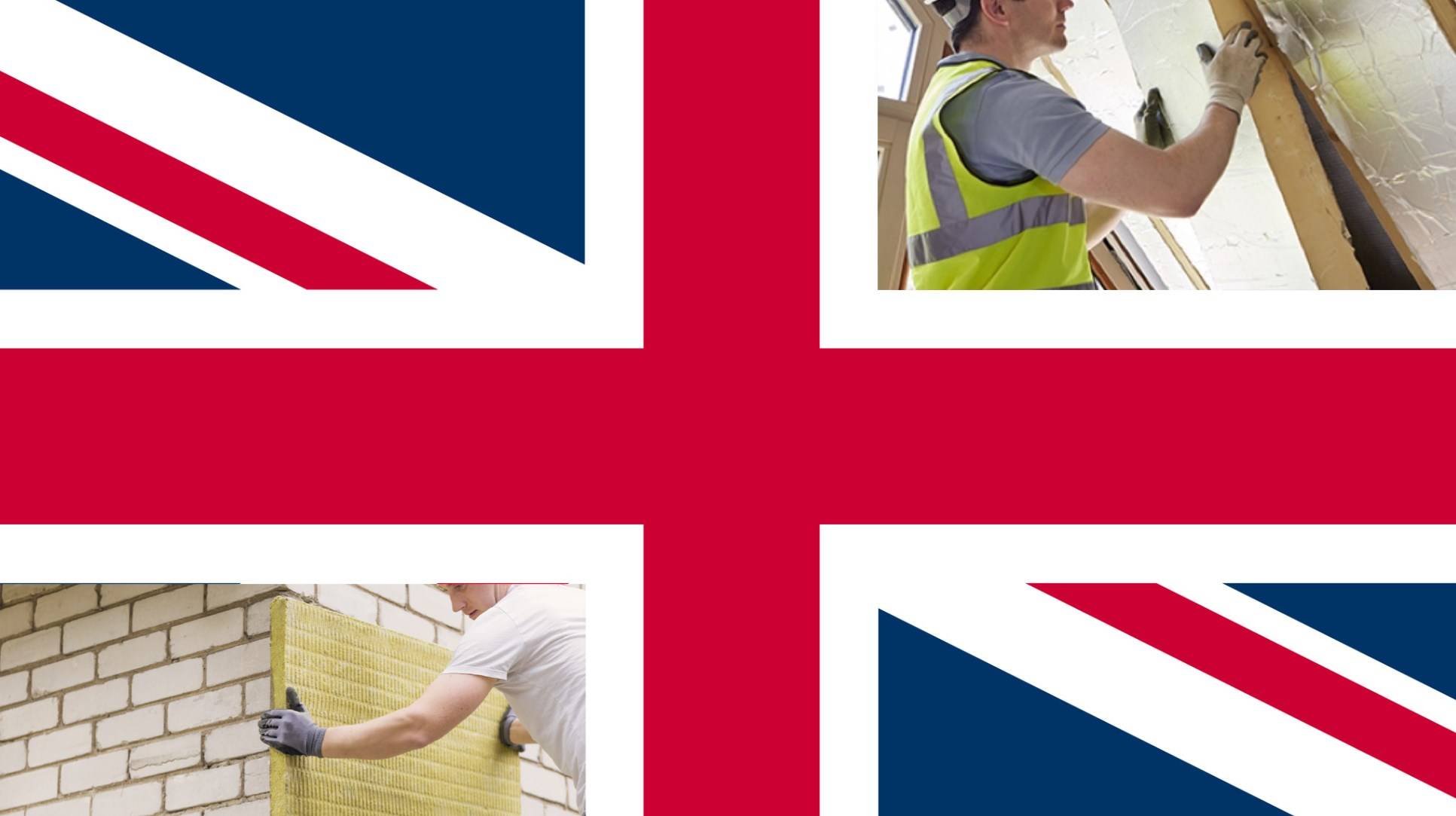The Great British Insulation Scheme (GBIS) aims to improve energy efficiency in homes across the UK, helping residents save on energy bills. The scheme provides financial assistance for insulation measures, making homes more comfortable and reducing carbon footprints. Understanding eligibility, benefits, and the application process can help homeowners maximize these opportunities.
What is the Great British Insulation Scheme?
The Great British Insulation Scheme (GBIS) is a government initiative designed to improve home insulation across England, Scotland, and Wales. Launched as part of efforts to enhance energy efficiency, it provides funding to install various insulation types in homes that meet specific criteria. The scheme aims to reduce heating costs and improve living conditions for households.
| Key Features | Description |
|---|---|
| Funding Amount | Up to £1 billion allocated |
| Duration | Runs until March 2026 |
| Target Audience | Homeowners and tenants |
Who is eligible for the Great British Insulation Scheme?
Eligibility for GBIS is divided into two main groups:
- General Eligibility Group: Households in council tax bands A-D in England or A-E in Scotland and Wales with an Energy Performance Certificate (EPC) rating of D or below.
- Low-Income Group: Households receiving specific benefits such as Universal Credit, Income Support, or Pension Credit. This group may receive additional support measures.
| Eligibility Group | Criteria |
|---|---|
| General Group | Council tax bands A-D (England), A-E (Scotland/Wales) with EPC D or below |
| Low-Income Group | Recipients of qualifying benefits |
What types of insulation are covered under the scheme?
The GBIS covers several primary insulation measures:
- Cavity Wall Insulation
- Loft Insulation
- Solid Wall Insulation
- Floor Insulation
- Room-in-Roof Insulation
Secondary measures, such as thermostatic radiator valves and boiler programmers, are available specifically for low-income households after primary measures have been installed.
How do I apply for the Great British Insulation Scheme?
To apply for GBIS:
- Check Eligibility: Confirm that your home meets eligibility criteria.
- Contact an Installer: Reach out to a registered installer who can assess your property.
- Request an Assessment: The installer will conduct a survey to determine suitable insulation measures.
What documentation is required for the application?
Documentation typically needed includes:
- Proof of Identity: Such as a passport or driver’s license.
- Council Tax Band Information: To confirm eligibility based on property classification.
- Benefit Documentation: If applying under the low-income group, proof of benefits received may be required.
How long does the application process take?
The application process can vary but generally takes between 2 to 4 weeks from assessment to installation, depending on factors such as:
- Installer Availability: Demand for services may affect scheduling.
- Type of Insulation: Some installations may require more time than others.
- Funding Availability: Access to funds can influence processing times.
What are the benefits of participating in the scheme?
Participating in GBIS offers numerous benefits:
- Cost Savings: Households can save approximately £300 to £400 annually on energy bills due to improved insulation.
- Increased Comfort: Better insulation leads to more consistent indoor temperatures.
- Environmental Impact: Enhanced energy efficiency contributes to lower carbon emissions.
How much can I save on energy bills with insulation?
Savings from improved insulation can vary based on several factors:
- Type of Insulation Installed: Different measures yield different savings; loft insulation typically offers significant reductions.
- Initial Energy Performance Rating: Homes with lower EPC ratings may see greater improvements post-insulation.
| Type of Measure | Estimated Annual Savings (£) |
|---|---|
| Loft Insulation | Up to £300 |
| Cavity Wall Insulation | Up to £400 |
| Solid Wall Insulation | Up to £450 |
Buy Wholesale Battery Tips
For those considering wholesale purchases of batteries or related products, partnering with a reliable manufacturer like Redway Battery, known for its extensive experience in lithium battery production, is crucial. To make OEM orders effectively:
- Define your specifications clearly.
- Communicate regularly with the manufacturer throughout the process.
- Ensure compliance with safety standards.
Industrial News
Recent developments indicate that government initiatives like GBIS are gaining traction as more households seek ways to reduce energy costs amid rising prices. The focus on improving home energy efficiency aligns with broader sustainability goals.
Redway Expert Views
“Investing in insulation not only enhances comfort but also significantly reduces energy costs over time,” states an expert from Redway Battery.
FAQ Section
- What types of properties qualify for the GBIS?
Properties within council tax bands A-D (England) or A-E (Scotland/Wales) with an EPC rating of D or below qualify. - How do I find an approved installer?
You can find registered installers through government websites or local authority referrals. - Can tenants apply for this scheme?
Yes, tenants can apply if they have permission from their landlord and meet eligibility criteria.



